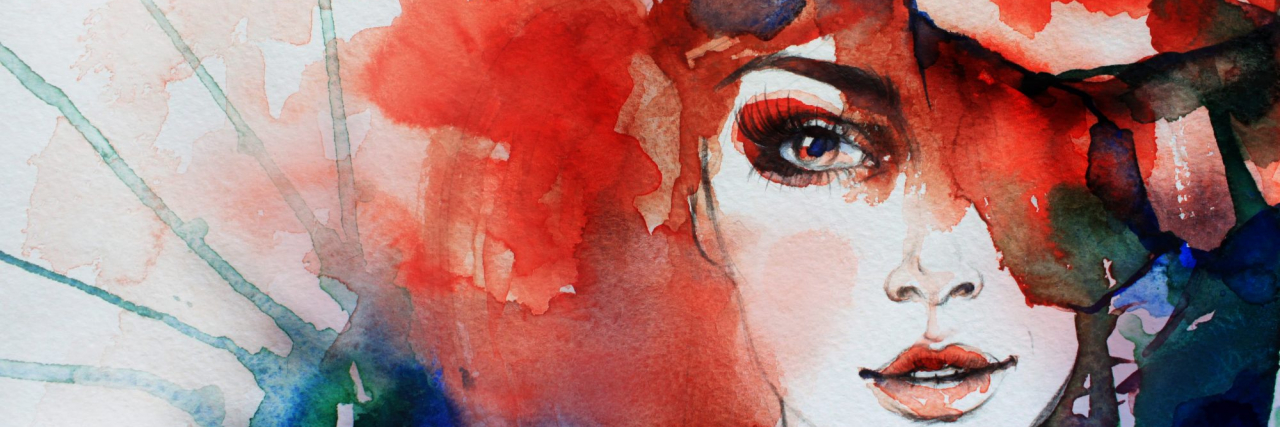All my life, I have been a rule follower. When the sign says, “Do Not Walk on the Grass,” I do not walk on the grass. As a devoted rule follower, I was shocked to hear someone ask, “Well, what were you wearing?” when I divulged to her at the age of 17 that a man I barely knew attempted to rape me. Had I broken some sort of wardrobe rule that prevented rape? I angrily replied, “The purple outfit you picked out and bought for me.” She felt ashamed and guilty. The only one guilty was the man who assaulted me. Her question set me on a path to help others understand what victim blaming is and the damage it causes survivors of sexual assault.
Why would I write about victim blaming in this forum? (For those who don’t like the term “victim blaming,” neither do I. I wish someone would come up with a better one.) I bring this up because I ran into a similar mentality when I became ill with lupus and idiopathic thrombocytopenic purpura (ITP) four years ago. I was bombarded with inquiries about my eating habits, exercise regimen, stressors, prayer life, and use of my disabled placard. Even though most people didn’t intend to blame me, I was overwhelmed with insinuations that I had not taken enough responsibility for my own health, like I was to blame.
Victim blaming is assigning all or partial responsibility to persons who find themselves in negative situations through no or minimal fault of their own. It could be from a crime, an accident, an illness, etc. I believe people assign this blame as a way of protecting themselves from feelings of vulnerability.
I followed all the rules for my health, too. I ate right, exercised, meditated, etc. I still got lupus. Who is to blame? Lupus, and only lupus. Things like stress can be flare triggers, but lupus is to blame for my lupus.
For the most part, I believe victim blamers aren’t really out to blame us. They intend to help. In reality, I think they are looking to find order in a chaotic world. It’s comforting to believe a controlled environment is a safe environment, and that bad things happen to those who bring it upon themselves.
Fact is, bad things do happen to good people. The world is not a fair place. I am not advocating becoming a devoted rule breaker, but rules do not provide a bubble wrap shield. No matter our stations in life, we are all vulnerable from within and without.
We live in a culture that considers these victim blaming expressions to be phrases of compassion. They often end up being empty platitudes that appease the speaker without comforting the listener. I am trying to redirect others to think this before speaking: “There, but for the grace of God, go I,” or, “Tomorrow, that could be me.” What is there to say then?
Getty image

